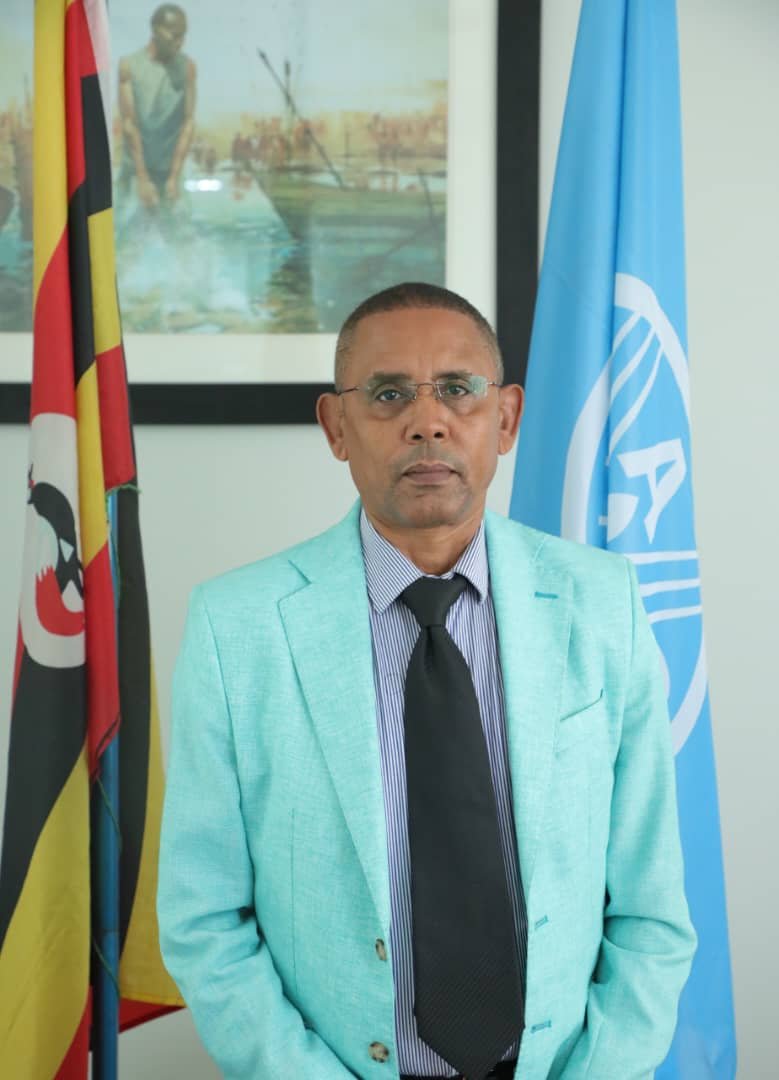
KAMPALA, Uganda – October 16, 2025 – Today, the Food and Agriculture Organization of the United Nations (FAO) joins the Government of Uganda and development partners to mark World Food Day, a global event underscoring the persistent challenges of food insecurity and malnutrition.
In a statement reflecting on the day’s significance, Dr. Yergalem Taages Beraki, the FAO Representative in Uganda, outlined four critical areas requiring urgent attention and collective action to transform the nation’s agri-food systems.
- The Persistent Challenge of Food Security
Despite Uganda’s vast agricultural potential, hunger remains a serious concern. The 2025 Global Hunger Index classifies the situation as “serious,” with FAO data indicating that 54.6% of the population faces moderate or severe food insecurity. The Karamoja subregion is of particular alarm, with several districts in a “crisis” state. For instance, Moroto reports an acute malnutrition rate of 20.4%.
- The Need for Modernization and Nutrition Focus
Dr. Beraki emphasized that achieving the Sustainable Development Goal of Zero Hunger by 2030 necessitates a shift from rudimentary tools to affordable, modern technologies. “The humble hoe should be integrated with modern methods,” he stated, calling for scaled-up sustainable agricultural mechanization and improved water for production.
He further stressed that quantity alone is insufficient. “Quality matters more.” With over 400,000 children and 84,000 mothers expected to suffer from acute malnutrition in the coming year, there is an urgent need to increase access to diverse, locally available nutritious foods.
- Adapting to the Climate Crisis
The agriculture sector, a cornerstone of Uganda’s economy, is highly vulnerable to climate change. Prolonged droughts, devastating floods, and shifting seasons are now commonplace, affecting staple crops like maize, millet, matooke, and beans. Livestock productivity is also threatened.
In response, Dr. Beraki advocated for the widespread adoption of climate-smart agriculture. “We must adapt to the changing times,” he said, recommending context-specific techniques such as intercropping, heat-resilient crop varieties, and integrated soil fertility management.
- A Call for Collaboration
Aligned with this year’s theme, ‘Hand in Hand for Better Foods and a Better Future,’ the FAO representative underscored that complex food issues require a unified approach. “Matters of food are complex and thus must be addressed in a holistic and coordinated manner,” he noted.
FAO reaffirmed its commitment to supporting the Government of Uganda’s efforts to eliminate hunger and malnutrition. Dr. Beraki concluded with a call to action, urging stakeholders across civil society, the private sector, and academia to join the collaborative journey towards a food-secure future for all Ugandans.
#
About FAO: The Food and Agriculture Organization (FAO) is a specialized agency of the United Nations that leads international efforts to defeat hunger. Our goal is to achieve food security for all and ensure that people have regular access to enough high-quality food to lead active, healthy lives.







